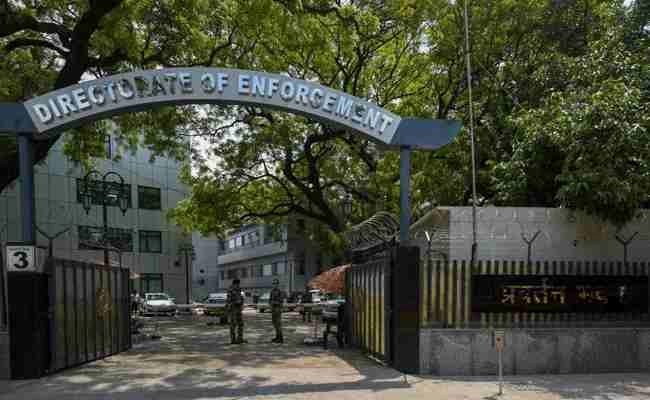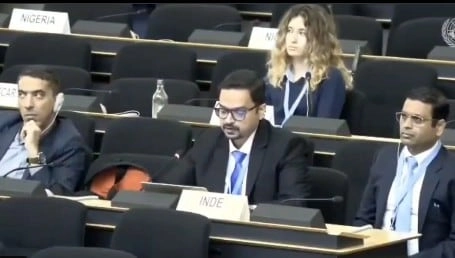The Enforcement Directorate (ED), India’s premier financial law enforcement agency, is facing significant scrutiny due to its alarmingly low conviction rate against politicians. With a mere 1% conviction rate, the agency’s effectiveness and credibility are being called into question. This statistic is particularly troubling considering the ED’s critical role in investigating money laundering and financial crimes, especially those involving individuals in positions of power. The agency’s inability to secure more convictions raises concerns about its investigative processes, the quality of evidence collected, and the overall efficacy of its legal strategies.
The low conviction rate can be attributed to several factors, including the complexity of financial crimes and the challenges of securing adequate evidence against influential political figures. The nature of these cases often requires extensive documentation and thorough analysis, which can be time-consuming and resource-intensive. Additionally, political connections and influence can obstruct the investigative process, posing further challenges for the ED. Critics argue that the agency may need to refine its approaches to gather compelling evidence and build stronger cases that can withstand legal scrutiny in courts.
Moreover, the ED’s struggles with securing convictions may reflect broader systemic issues within India’s legal and judicial frameworks. The perception that political elites are often shielded from accountability can lead to public disillusionment with the rule of law. This situation undermines the very purpose of agencies like the ED, which are designed to uphold justice and combat corruption. For the agency to regain public trust and enhance its operational effectiveness, it must focus on improving its investigative techniques and ensuring that it operates with transparency and integrity.
In response to these challenges, there have been calls for reforms within the ED and the broader legal system. Stakeholders are advocating for a more robust framework that would empower the agency to conduct investigations more effectively while also expediting the judicial process for financial crimes. Furthermore, enhancing collaboration with other regulatory bodies and law enforcement agencies could provide the ED with additional resources and expertise necessary for tackling complex cases. Ultimately, addressing these issues is crucial for the ED to fulfill its mandate and restore confidence in its role as a guardian against financial malpractice in the political sphere.




